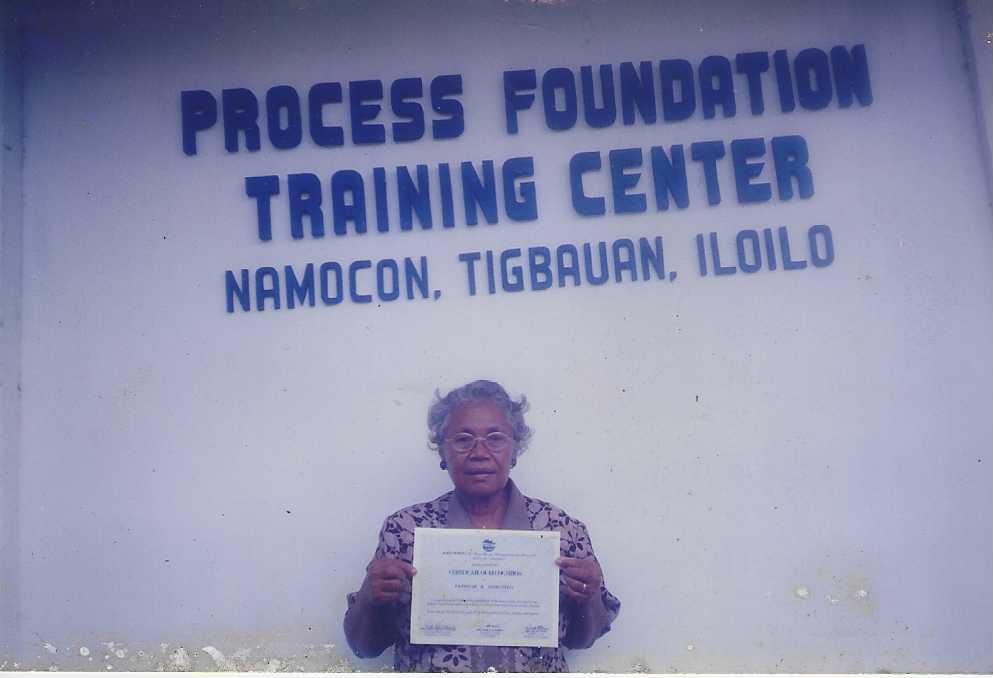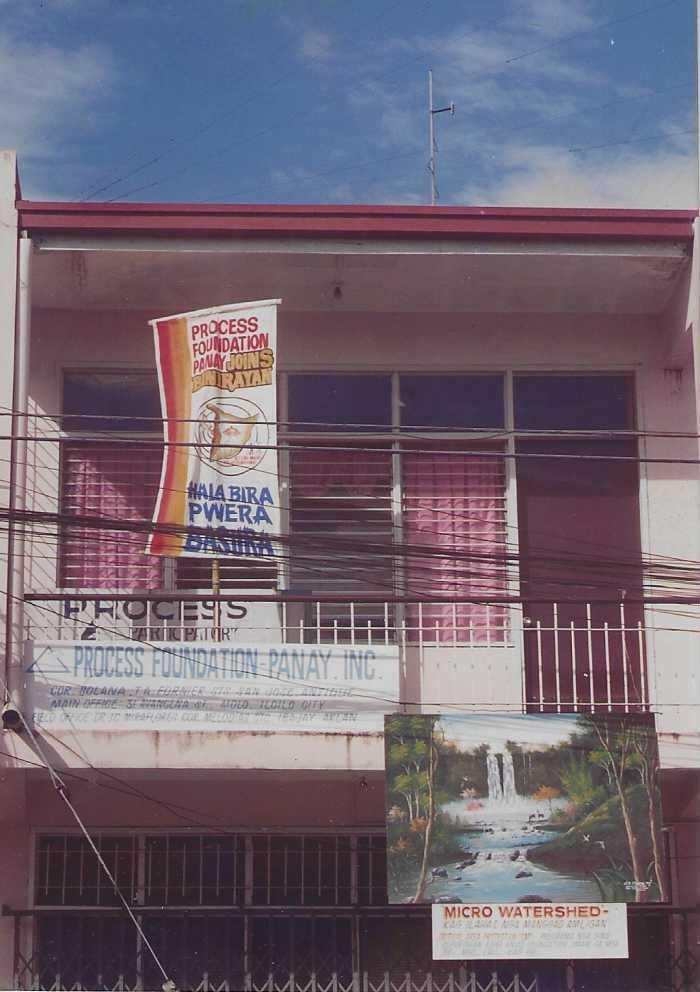

In 1981, the International Labor Organization and the then Ministry of Labor and Employment sponsored the implementation of a Project called “Sarilakas” or Sariling Lakas – which literally means “own strength”. The Project was an experiment in stimulating grassroots initiatives, particularly of sugarcane stakeholders in the rural communities of the provinces of Antique and Batangas. After a very strong positive response from the various stakeholders, the community facilitators and workers saw the great need to further pursue the interventions and decided to organize themselves into a non-government organization (NGO) to continually assist the beneficiaries. Thus, the birth of an NGO named Participatory Research, Organization of Communities and Education towards Struggle for Self-reliance or PROCESS.
On October 12, 1982, a legal personality was acquired by PROCESS, Inc. through a Certificate of Registration issued by the Securities and Exchange Commission (SEC) as a non-stock, non-profit and non-government organization (NGO). Its primary purpose is to creatively initiate the formation and development of strong and autonomous people’s organizations into participatory and self-reliant communities through capability-building activities and advocacies. From then on, PROCESS, Inc. has continued to actively involve itself in the development efforts of rural communities by facilitating the formation of peoples’ organization and empowerment of fisherfolk and farmers in the coastal, lowland and upland areas in Northern Luzon, Western Visayas and Central Visayas. Its head office then was in Makati, Metro Manila with field offices in Nueva Viscaya, Panay (with Guimaras as the sub-province of Iloilo then) and Bohol.
The Panay field office of PROCESS, Inc. became autonomous and independent of its operations from its head office on January 1, 1997. It acquired its own Certificate of Registration from the SEC as a non- stock, non-profit NCO/Foundation under its official name PROCESS Foundation-Panay, Inc. (PFPI). Since then, PFPI performs its roles and responsibilities solely as an NCO entity that include, among others, looking for funds to sustain/support its administrative operations, and in the implementation of its programs, projects and activities. The highest policy-making body of PFPI is the Board of Trustees composed of seven (7) members while its operations is under the management of the Executive Director with the assistance of the Programs Manager.
